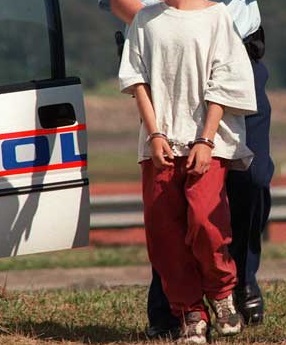Police to review kids' treatment
 Queensland Police says it will review the treatment of children in watch houses.
Queensland Police says it will review the treatment of children in watch houses.
Queensland Police Commissioner Steve Gollschewski has announced a comprehensive review of the state's watch houses following serious allegations regarding the treatment of children in these facilities.
The announcement came after investigations revealed troubling conditions likened to "torture” and claims of police misconduct.
The review will examine the infrastructure and training at police watch houses but will not question the appropriateness of holding children in these facilities for extended periods.
Commissioner Gollschewski has acknowledged “end-to-end systemic issues” within the custody system, highlighting that watch houses are under “significant pressure”.
Police watch houses, originally designed to detain violent, dangerous, and drug-affected adults temporarily, are now also used to hold children indefinitely due to overcrowding in youth detention centres.
This practice has led to children being confined for weeks in some cases.
Recent investigations have brought to light disturbing footage of children placed in isolation cells and allegations of police brutality within these watch houses.
The review will scrutinise whether the facilities, some over 50 years old, are suitable for current demands and pressures on the custody system.
It will also assess the training and skills of the watch house workforce, which includes both sworn police officers and specialist watch house officers.
Advocates have raised concerns about the capability of police to care for children with complex needs, such as intellectual disabilities, who are held in watch houses on remand.
“[The review] includes all facilities, how we staff them, how we train our staff, and the conduct within those watch houses, and in particular the treatment of those in custody,” Commissioner Gollschewski said.
In response to the increasing number of complaints about police conduct in watch houses over the past year, the Queensland Police will now mandate the use of body-worn cameras by officers and publish live data showing the number of children and adults in these facilities.
“Clearly we’re very concerned [about those complaints]. And in some instances, our people have got it wrong,” Gollschewski said.
Queensland detains more children than most other Australian states combined, with numbers in custody continuing to rise.
Deputy Commissioner Cameron Harsley pointed out that the review would consider the changing demographic of those held in watch houses, which now include individuals who are violent, drug-affected, or have complex mental health issues.
“We’d rather have no children in watch houses. But obviously … there’s a community safety consideration. What we want to do is move them out of there as quickly as they possibly can,” Gollschewski said.








 Print
Print